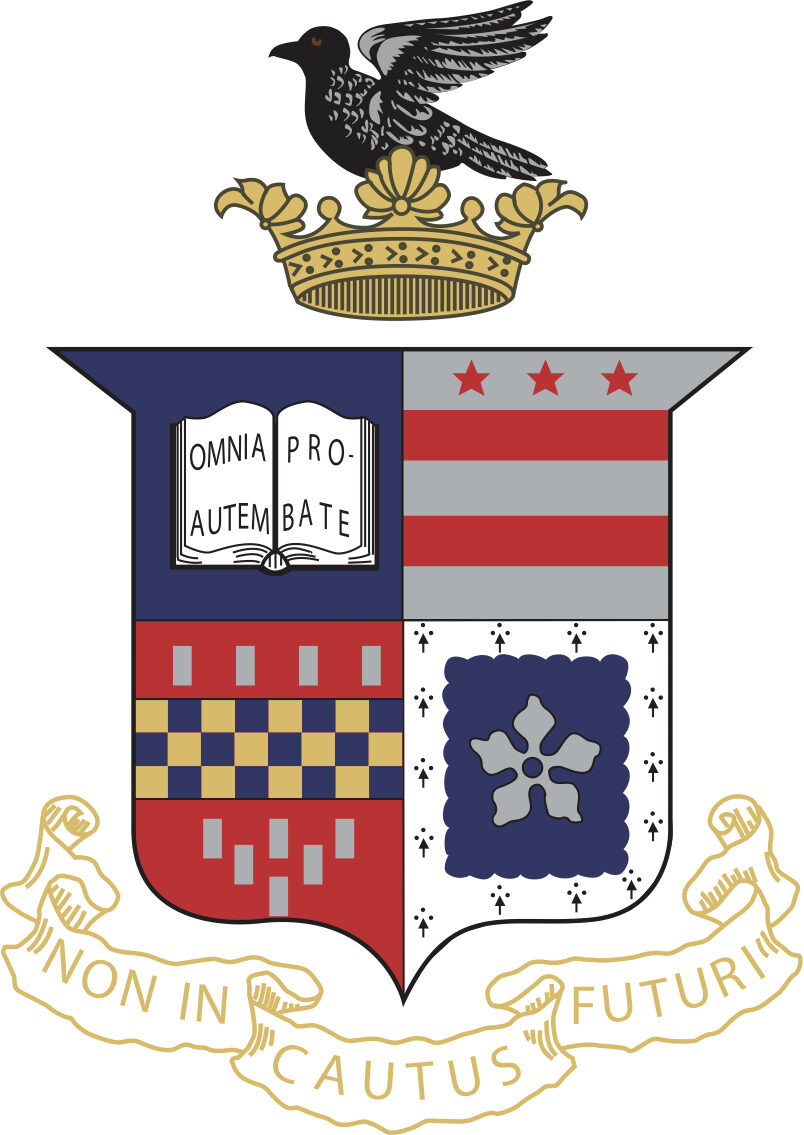The Independent State Legislature (ISL) Theory has been one of the hottest topics in election law, with conservative thinkers championing a strong version of the theory. In Moore v. Harper, the Supreme Court had the opportunity to turn this controversial theory into actual doctrine. The Court, though, declined to adopt a maximalist version of the theory and declined to reject it outright. Instead, it offered a vague standard that gives close to zero guidance as to where, between these two poles, the doctrine sits. Several scholars and commentators have responded to the opinion with a mix of relief, because the conservative Court rejected the most extreme version, and wariness, because the Court left room for federal courts to use the theory to undermine voting rights. This commentary challenges and adds to this narrative in a couple of ways. First, it shows that the political and policy implications of the ISL Theory are more complex and uncertain than often assumed. For example, in addition to other complicating scenarios, future cases could see liberals invoking the theory in federal court to rectify conservative state court decisions on fraudulent vote dilution. This commentary offers an explanatory theory that shows the Court may have opted for a vague doctrine in part to preserve flexibility in this uncertain decision-making environment. Second, this commentary highlights one cost of a vague ISL doctrine – an increased risk of outcomes that confuse and disenfranchise voters. Both claims are descriptive. They discuss benefits and risks that have been overlooked or insufficiently analyzed in the literature on the ISL Theory.
